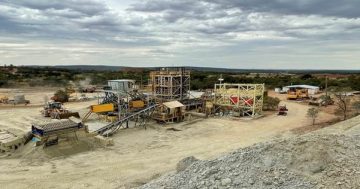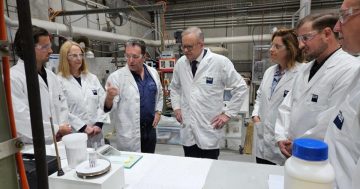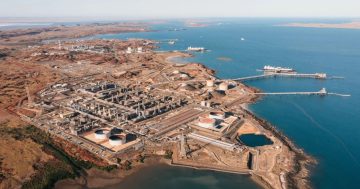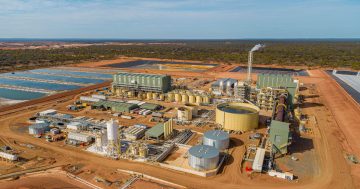 The Department of Industry, Science and Resources has developed a new Critical Minerals Strategy as part of a plan to shape Australia’s clean energy future.
The Department of Industry, Science and Resources has developed a new Critical Minerals Strategy as part of a plan to shape Australia’s clean energy future.
The strategy supports the transition to net zero while growing critical minerals production and downstream processing industries.
Minister for Resources, Madeleine King said the strategy aimed to make Australia a globally significant producer of raw and processed critical minerals while boosting the economic opportunities for all Australians, including First Nations people and regional communities.
“The strategy will be an enduring framework that guides future Government policy decisions to maximise the national benefits of Australia’s internationally-significant critical minerals endowments,” Ms King said.
The Minister said as one of the first policy decisions under the strategy, the Government would target $500 million of new investment into critical minerals projects, via the Northern Australia Infrastructure Facility.
She said the strategy would also establish a process to update the critical minerals list.
“It is clear that Australia can play a crucial role in delivering the processed minerals the world needs for a clean energy future, building on a rich geological endowment and our record as a reliable exporter of energy and resources,” Ms King said.
“The strategy outlines the enormous opportunity to develop the sector and new downstream industries which will support Australia’s economy and global efforts to lower emissions for decades to come.”
However, while the potential was great, so too were the challenges.
“The strategy makes it clear our natural minerals endowment provides a foot in the door, but we must do more to create Australian jobs and capitalise on this unique opportunity,” the Minister said.
Australia is the world’s largest producer of lithium, the third-largest producer of cobalt and fourth-largest producer of rare earths.
It also produces significant amounts of metals such as aluminium, nickel and copper, which combined with critical minerals, are crucial for low-emissions technology such as electric vehicles, batteries, solar panels, and wind turbines.











